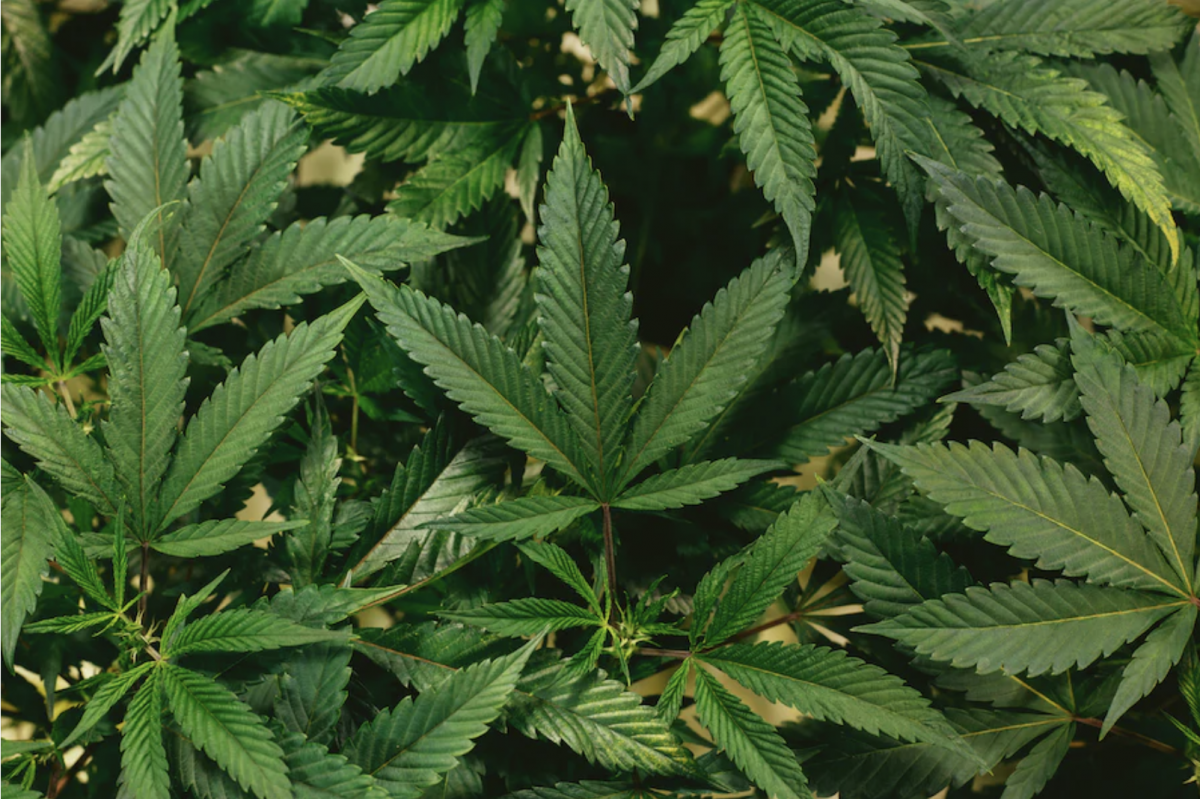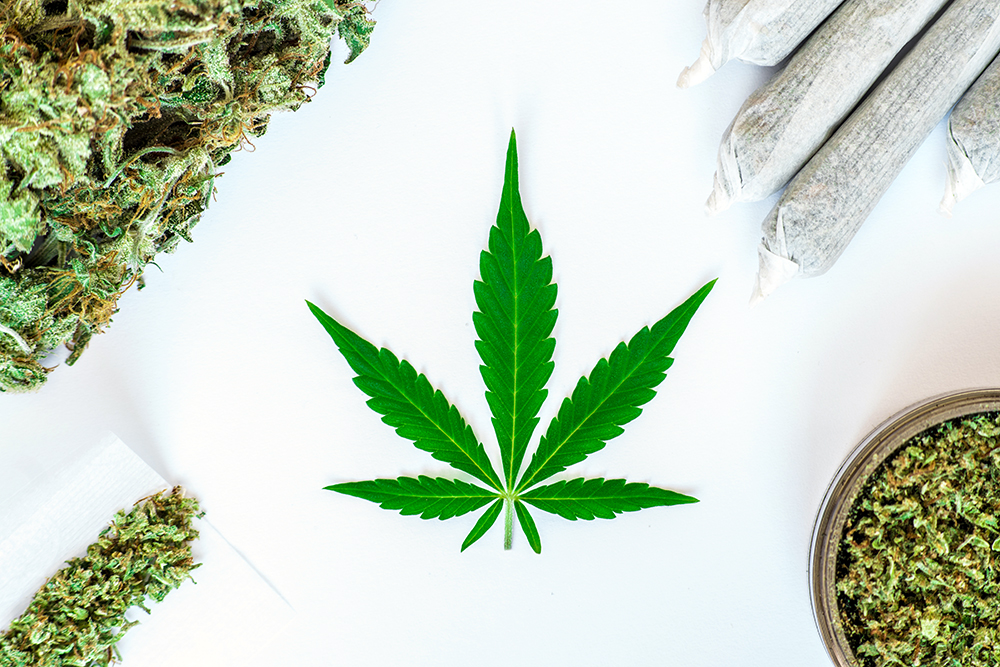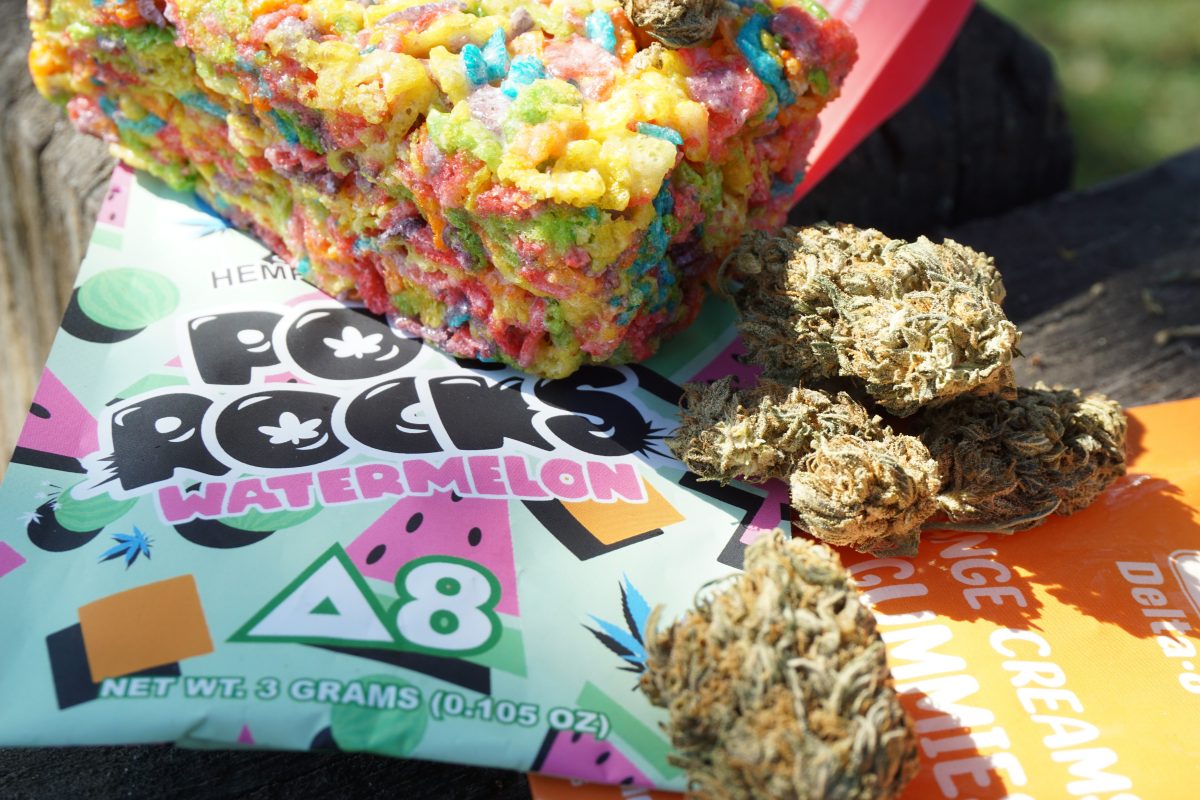A Tennessee company with ties to Memphis launched a new cannabis product this summer to help consumers “make better bad decisions.”
Tipsy Tabs appeared in stores throughout Memphis around August. Locals may have noticed colorful signs in liquor or cannabis shops inviting them to “bite into the party” for an experience that ”feels like a cocktail in a tablet.”
The sweet, colorful, little tablets (about the size of dime) pack 25 milligrams of hemp-derived THC apiece. For this, the company suggests consumers start by taking half a tablet to start and add another half every half hour until they reach their desired euphoric effect.
Tipsy Tabs were created as a sublingual edible, meaning they are meant to dissolve under the tongue. This method helps with the fast onset of effects, within 10 minutes the company says. But the packaging is quick to note you take a Tab however you prefer. “Bite me,” it reads. “Chew me. Suck me.”
With Tipsy Tabs, the company hopes to tap into a growing (but slow) movement away from alcohol consumption and the rise of “California sober,” indulging in cannabis but not in booze.
The product comes from Volunteer Botanicals, based in Christiana, Tennessee, just outside Murfreesboro. But company co-founder Jason Pickle and Matt Hale, vice president of retail sales for the company, are both originally from Germantown. Volunteer Botanicals started about six years ago, Hale said, specializing in converting hemp oils into a pharmaceutical-grade powder.
Hale told us more about Tipsy Tabs in a recent interview. — Toby Sells
Memphis Flyer: Tell me about Tipsy Tabs.
Matt Hale: The way we look at this thing is [most] of the cannabis products on the market are, “How high can we get you? How blasted can we get you?” In the grand scheme of things, that’s a small portion of the country or that industry.
You’ve got all these functional, working parents — yoga moms, and people like that — that don’t want to get blasted. They’re scared of a lot of these products. So, what we saw the opportunity to do was, “let’s do this on a metered format.”
If you think about a gummy, a gummy filled with sugar, it melts. It’s inconsistent. I hear it all the time: “I don’t really want to eat a gummy because one time I eat it and I don’t feel anything and then the next time I eat it and I’m blasted.” With what we do, with every one of these, you feel the same thing every time and that’s what this industry is missing.
So, just like a cocktail, [consumers can] figure out their sweet spot. It’s not guessing every time. It’s like, “I’m going to my kid’s T-ball game. So, I’m going to pop half of one of these and I’m just going to relax.” Or, if you want to go out and party, eat two or three of them and — just like a cocktail — the more you drink, the more you feel.
How long has Tipsy Tabs been on the market?
We launched the product a little over a month ago. It’s blowing up! It’s just a great product.
Where can you get Tipsy Tabs?
We are in about 15 stores in Memphis and growing everyday. We’re in discussions with a big distributor out of Nashville. We’re in the Carolinas. We’re in Texas. We’re in Georgia. And it’s just gong to keep growing.
Anything you want to add?
A lot of people are intimidated by [cannabis products]. Tipsy Tabs gives them a chance to to dip their feet in the water and actually try something without taking it too far.








